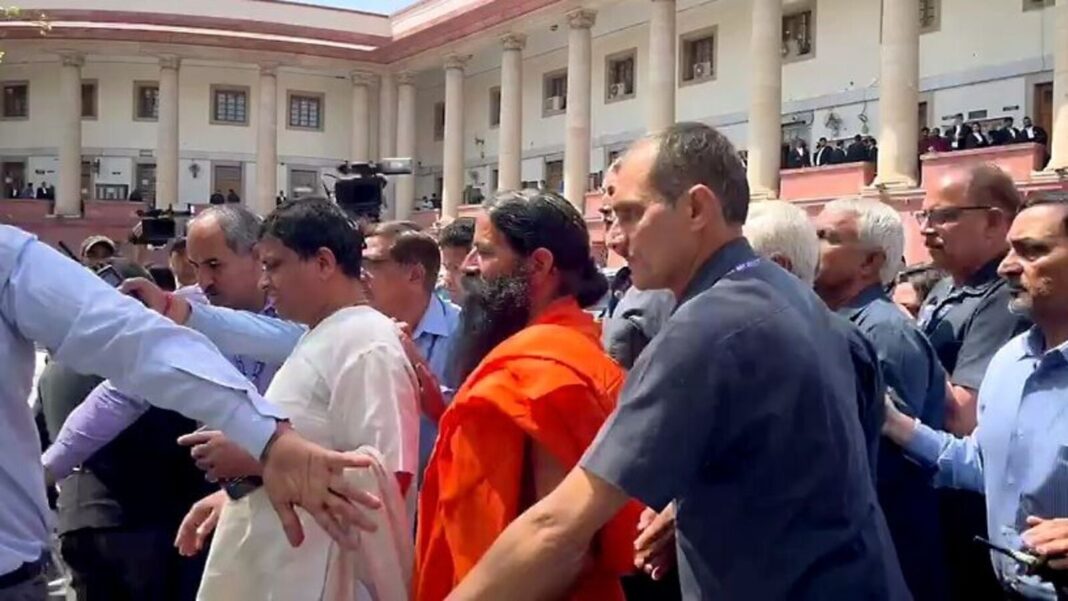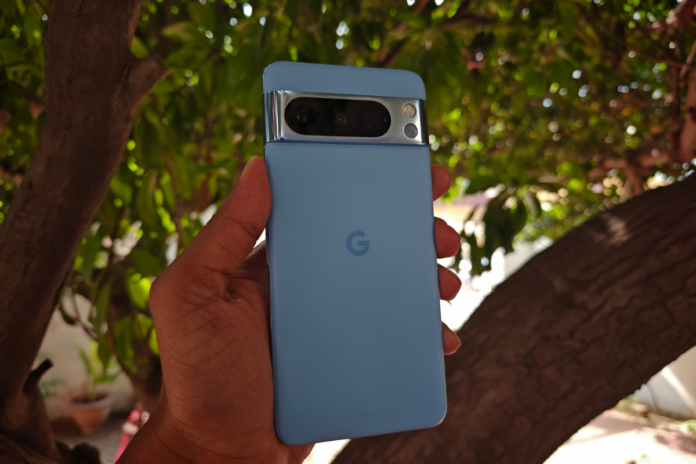In Short:
The Supreme Court is cracking down on advertisers and endorsers of misleading ads related to food and health products. Advertisers must submit self-declaration forms before airing ads, and the Ministry must establish a system for print media ads. Endorsers, including celebrities, share responsibility for accurate ads and face equal liability for endorsing deceptive products. The court is addressing violations and warnings issued to Patanjali for misleading health cure advertisements.
Supreme Court Cracks Down on Misleading Advertisements
Recently, the Supreme Court took a tough stance against Patanjali in a case involving misleading advertising. But the scrutiny doesn’t stop there – the court is now keeping a close eye on all advertisers and endorsers who push deceptive ad campaigns for food and health products. The Supreme Court has made it clear that misleading consumers with false claims about the health benefits of products will not be tolerated. This comes after several high-profile cases of companies making exaggerated or false claims about their products. In one notable case, Citigroup Shares Vodafone Idea, the court ruled that the company had made false promises about the health benefits of their products, leading to a hefty fine and strict regulations for all future advertising.
Stricter Regulations for Advertisers
A bench led by Justice Hima Kohli and Justices A Amanullah has laid down new rules for advertisers. They now must submit self-declaration forms confirming compliance with cable TV regulations and advertising codes before airing any ads. These declarations have to be uploaded on the Broadcast Seva Portal before broadcasting the ads.
Within four weeks, the Ministry is also required to establish a system for advertisers to submit self-declarations for print media ads.
Shared Responsibility for Accuracy
The Supreme Court stressed the joint responsibility of both advertisers and endorsers, including celebrities and influencers, in ensuring the accuracy of advertisements. Endorsers have been warned of equal liability for promoting deceptive products or services.
The court also instructed the Ministry of Consumer Affairs, Food and Public Distribution to provide an update on the actions taken by the Central Consumer Protection Authority (CCPA) against false or misleading ads, particularly in the food and health sectors.
Indian Medical Association (IMA) Controversy
Attention was drawn to the case by a plea filed by the Indian Medical Association (IMA) against Patanjali Ayurved and its founders, Baba Ramdev and Acharya Balkrishna, for allegedly conducting a smear campaign against modern medicine.
The court expanded its investigation to include violations by other FMCG companies related to misleading health advertisements. It directed various ministries at the union and state levels to examine violations of the Drugs and Magic Remedies Act, Drugs and Cosmetics Act, and the Consumer Protection Act.
Contempt Proceedings and Apologies
On various occasions, the court has reprimanded Patanjali and its founders for circulating misleading health cure advertisements. They were even directed to issue a public apology for their actions.
This ongoing saga serves as a strong reminder to all advertisers and endorsers to uphold the truth in their advertising practices.





